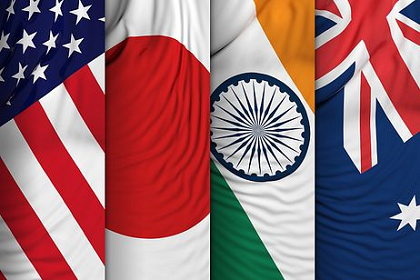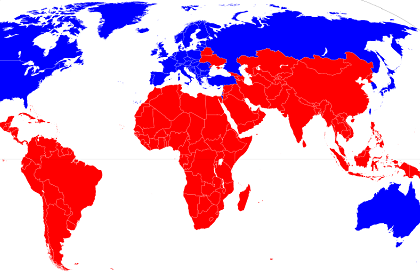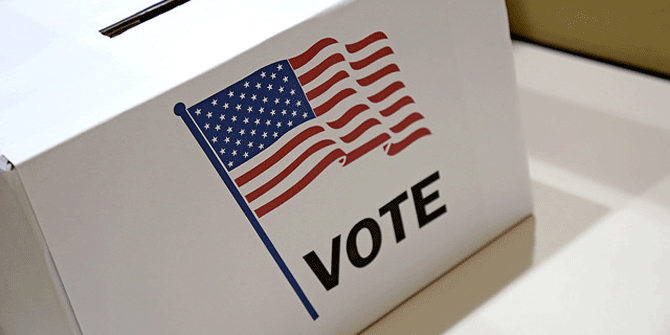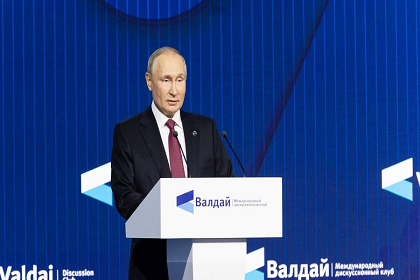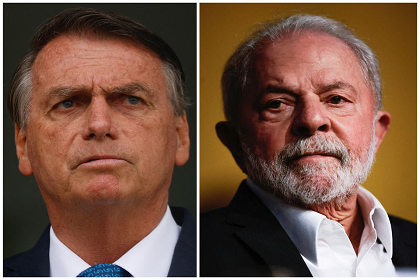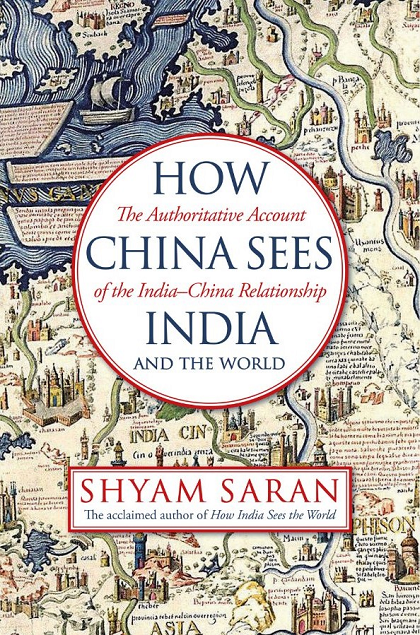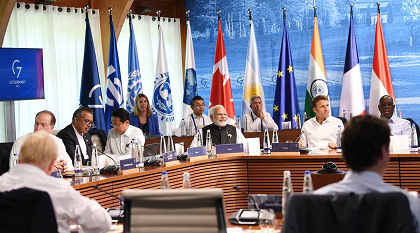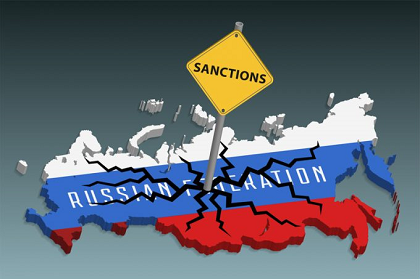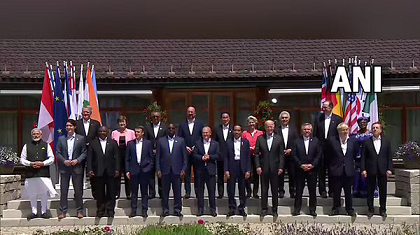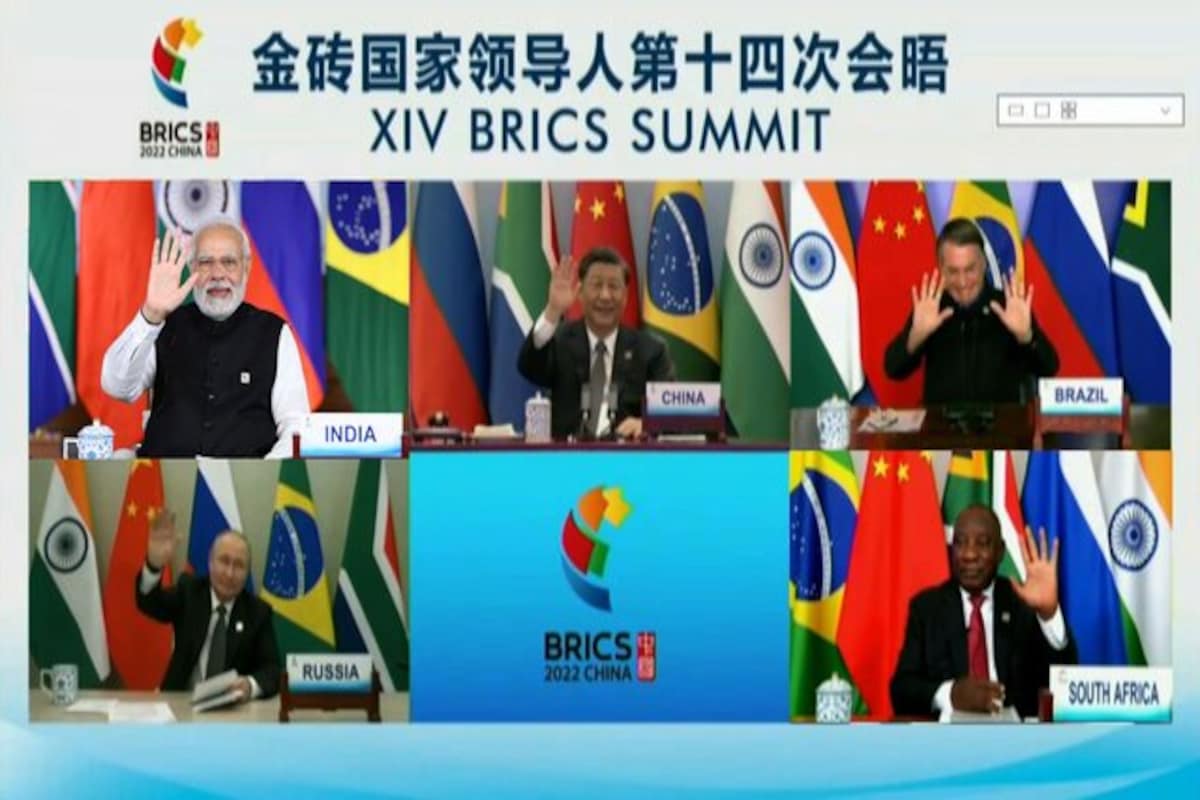Is the Quad Decoupling from China?
The Ukraine crisis transferred global anxiety away from China and onto Russia. But this has not happened in the Indo-Pacific, where the Quad countries have followed a policy of economic disengagement from China, in the backdrop of the COVID pandemic and the regeneration of some economies. How the Quad managed this, is a worthwhile assessment.

